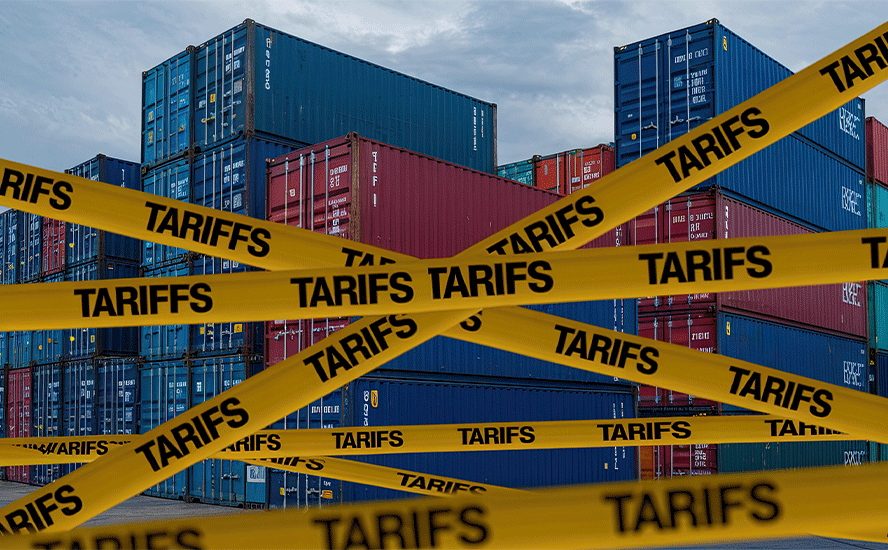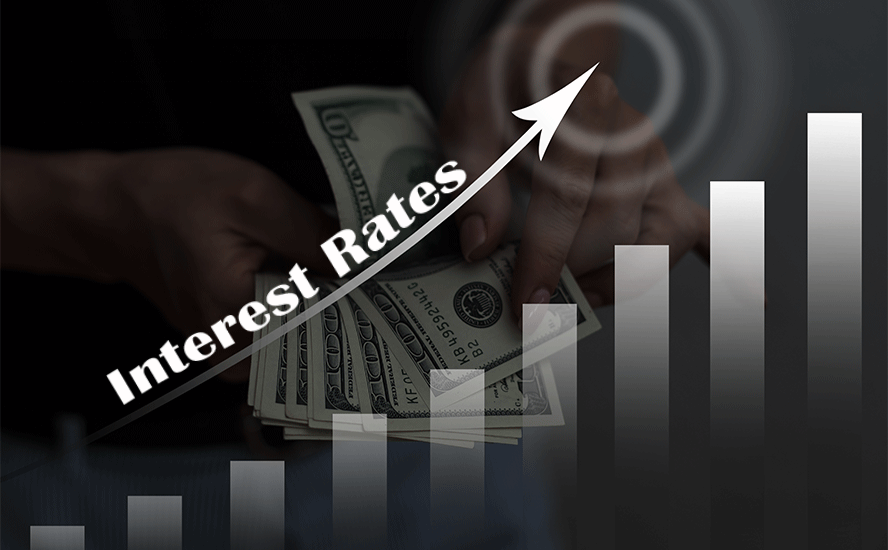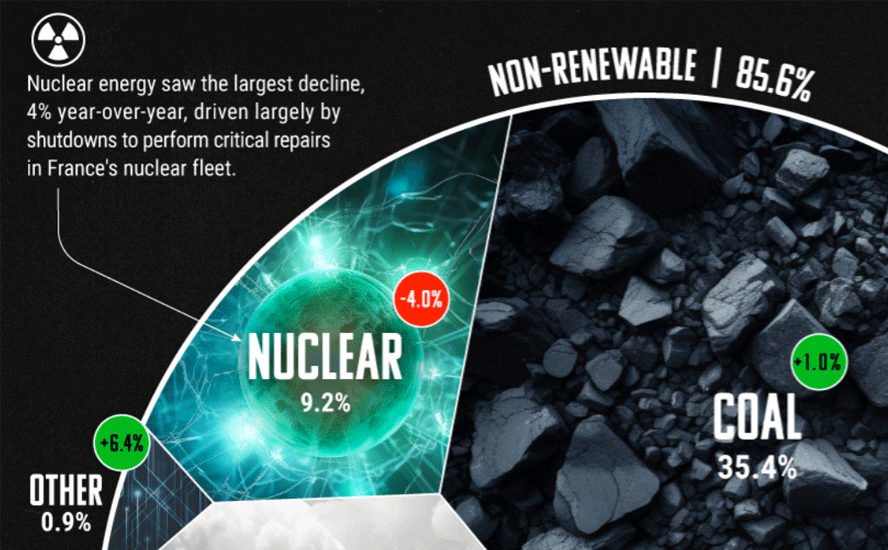Markets Crash as Monetary Laughing Gas Fades
By Daniel Lacalle
2022.09.29
The main issue in the economy is that there are two generations of market participants who have only witnessed expansionary policies. That is why the most pressing question for investors is not where earnings are headed or what the rate of change in economic growth is, but when central banks will pivot.
The Federal Reserve and other big central banks have caused a massive crisis. On the one hand, major central banks’ balance sheets have stayed intact in local currency in 2022, and the path of rate hikes is quite accommodating. Markets, on the other hand, are collapsing. How is this possible? Because central banks believe their actions carry no consequences as there is a legion of economists that twist facts to say there is no problem. However, the contrary is true. Markets and politicians are so accustomed to easy money that even the slightest normalization causes havoc around the world.
The first issue is that the great majority of the world’s $90 trillion in reserves is invested in a carry trade against the US currency. The second is that negative nominal and real rates have zombified the corporate world and led governments to feel that debt is unimportant. The third issue is significantly more serious. Investors and governments have been made to believe that announcements of rate hikes and liquidity reductions should be ignored because policymakers ignore them anyhow.
All of this has resulted in an overindebted environment in which corporations with weak strategies found adequate cash to survive, and where multiple expansion in every sector, from listed to private ventures, was not an outlier but the norm. And this excess, which has been sustained over the previous fourteen years by absurdly lax policies conducted in times of expansion and recession, has fostered an addiction to gradually more aggressive monetary operations. Governments, businesses, families, and market participants are dissatisfied with a normalization process that keeps central banks’ balance sheets unnaturally elevated or interest rates significantly below inflation. They require more, quickly and consistently.
Legal Notice / Disclaimer
Ahead of the Herd newsletter, aheadoftheherd.com, hereafter known as AOTH.Please read the entire Disclaimer carefully before you use this website or read the newsletter. If you do not agree to all the AOTH/Richard Mills Disclaimer, do not access/read this website/newsletter/article, or any of its pages. By reading/using this AOTH/Richard Mills website/newsletter/article, and whether you actually read this Disclaimer, you are deemed to have accepted it.



























